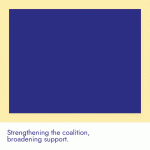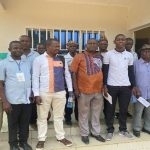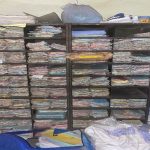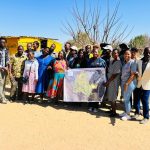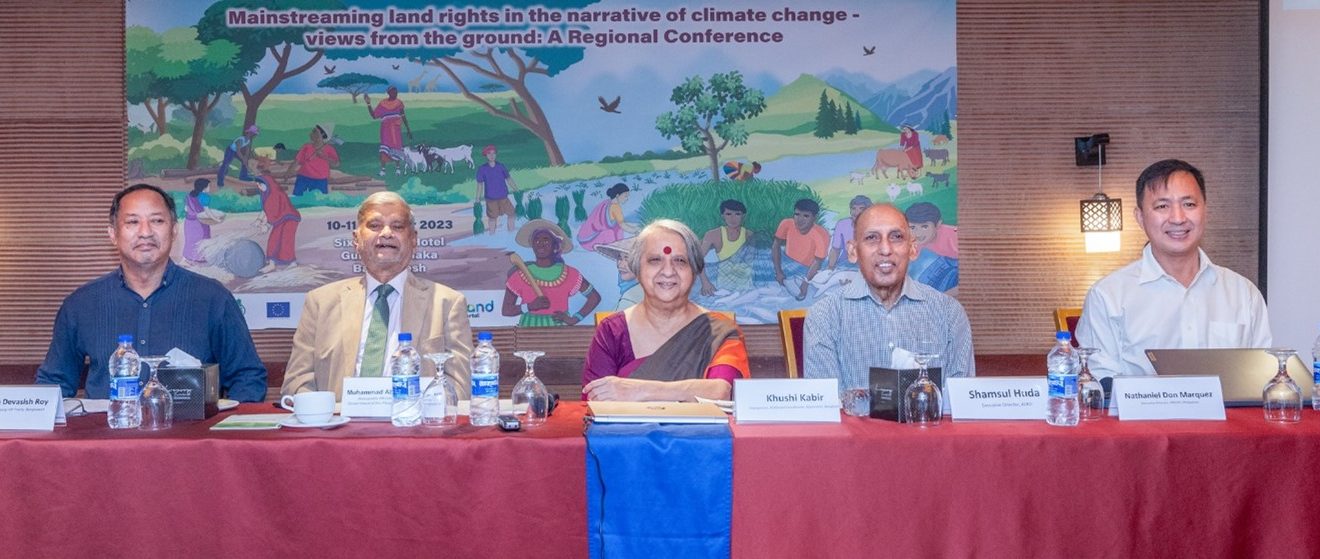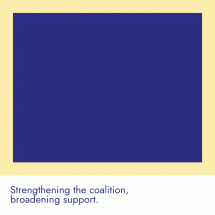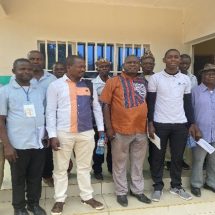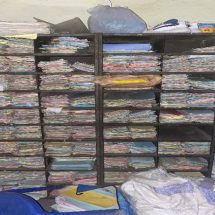Land tenure security plays a crucial role in the livelihoods of vulnerable populations and their resilience to climate change across the global South. Not only are the countries in Asia the most hit by natural disasters, but they are also considered the most vulnerable. The high frequency and impact of disasters in Asia that presents high risks of natural hazards, such as river basins, flood plains, and seismic fault lines, combined with high population densities and large growing populations with a high proportion of poor people living with tenure insecurity, lessens their resiliency to the adverse effects of disasters. Moreover, coupled with land degradation, poverty reduces the ability of communities to respond to the effects of climate change. In developing countries of Asia, poverty incidences are high and remain prevalently rural and agricultural. Rural poverty is strongly linked to the lack of access to land – due to landlessness and deprivation, insecure tenure, and contested land rights.
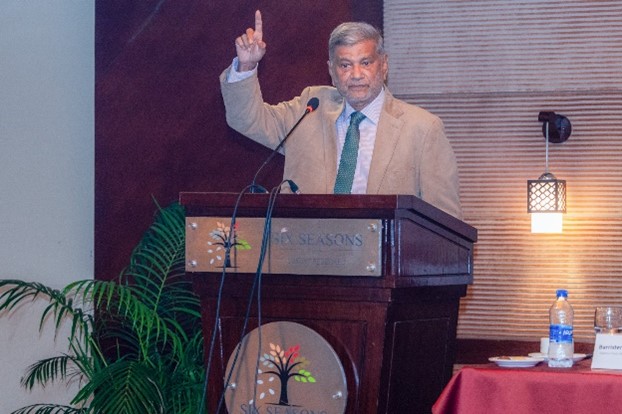
The rural poor who have weak or no land tenure rights are among the most vulnerable to the direct effects of climate change, both because insecure land tenure reduces the incentives and capacities to take good care of the land to mitigate or adapt to the effects of climate change, and because without secure tenure rights, disasters can easily lead to land loss and migration, exacerbated by land grabbing and the loss of documents. Yet, public understanding of the links between climate change, disasters, and land tenure is still very limited, leading to poor prevention and wrong response, while those without land or are near landless remain voiceless, and are often left out of climate change discussions.
To address this important issue, the Asian NGO Coalition for Agrarian Reform and Rural Development (ANGOC) and the Association for Land Reform and Development (ALRD) jointly organized a conference on “Mainstreaming land rights in the narrative of climate change — views from the ground” in partnership with the Global Forum on Agricultural Research and Innovation (GFAR), the Global Land Tool Network (GLTN) and the Land Portal Foundation. The main goal of the conference was to create greater understanding and analysis on the importance of land tenure rights in the climate change discourse. The conference was attended by over 50 participants (in-person and virtual) from various parts of the world. The conference showcased how different countries (Bangladesh, Cambodia, India, Nepal, Philippines, Sri Lanka) in the Asia and the Pacific region as well as other regions (Kenya, Madagascar) are addressing land issues in the frame of climate action.
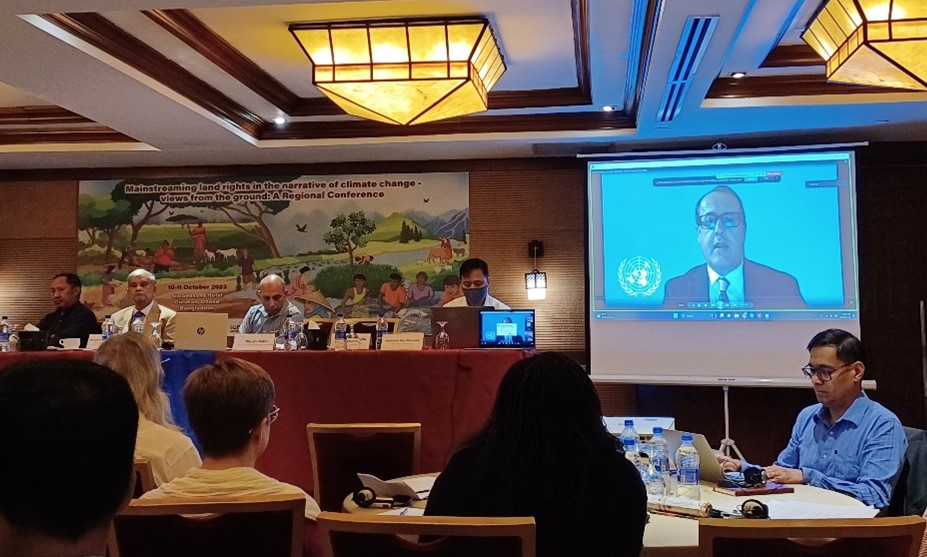
The following guests delivered their respective speeches: Hon. Minister Mr. Muhammad Abdul Mannan, Ministry of Planning of Bangladesh; Hon. Chair Mr. Saber Hossain Chowdhury, MP, Parliamentary Standing Committee on MoEFCC and Special Envoy to Hon. Prime Minister for Climate Change; and, Dr. Kamal Uddin Ahmed, Chairman of the National Human Rights Commission, Bangladesh.
The Dhaka Declaration capturing the main conclusions and recommendations of the conference was adopted. It is hoped that this declaration will increase the visibility of land tenure issues in the narrative of climate change and produce follow-up actions for various stakeholders.
See also: Press coverage by The Daily Star

